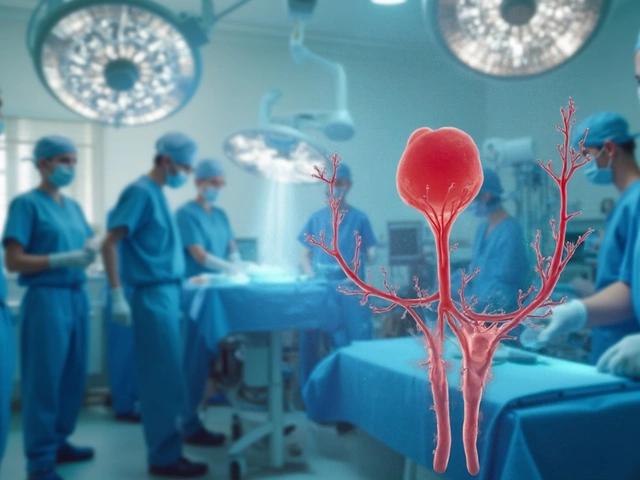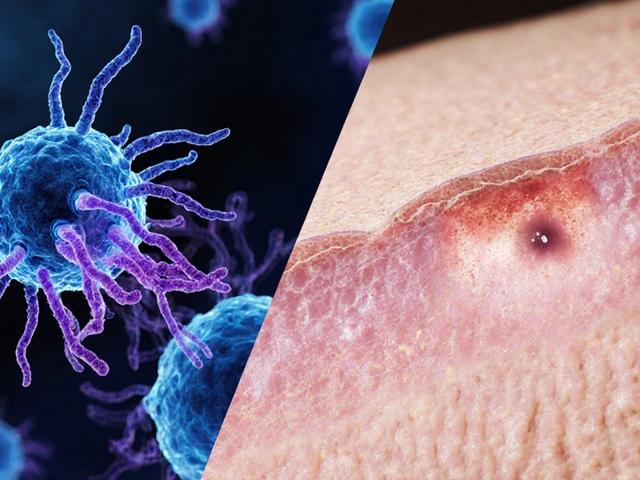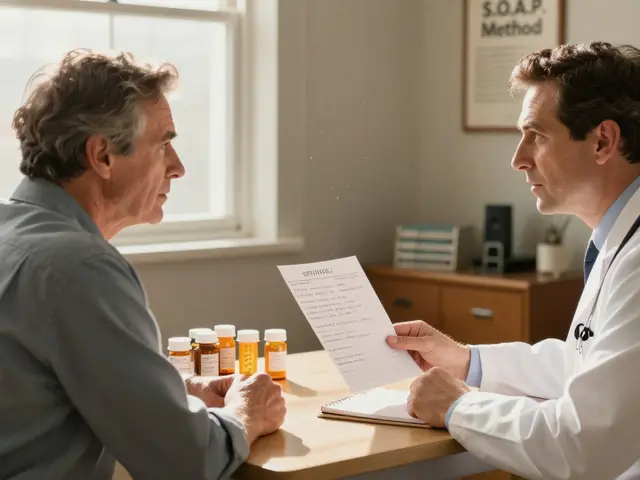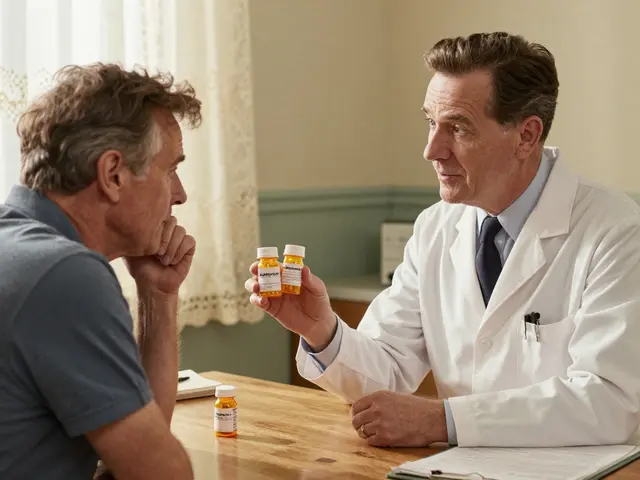Photophobia: Why Light Really Hurts and What You Can Do
Light bothering your eyes is more than annoying — it can wreck your day. Photophobia means abnormal sensitivity to light: bright sun, fluorescent bulbs or even screens can cause burning, tearing, headaches, or nausea. You don’t have to accept it as normal.
Most people think of migraines when they hear photophobia, and that’s common. But other things also cause it: eye surface problems like dry eye, a scratched cornea, or pink eye; inflammation inside the eye such as uveitis or iritis; recent eye surgery; head injuries or concussion; and some infections or neurologic conditions. Even regular contact lens irritation or harsh lighting at work can trigger it.
How to tell when it’s serious
If light sensitivity comes on suddenly with severe eye pain, blurred vision, fever, or neck stiffness, get emergency care — those can signal infection or optic nerve problems. If photophobia follows a head injury, seek medical attention. For milder but persistent issues, book an eye exam. Your doctor will check vision, eye pressure, pupil reactions, and look for surface damage or inflammation.
Quick, practical ways to feel better now
Start with the environment. Wear good sunglasses outdoors — polarized lenses cut glare. Indoors, swap fluorescent lights for warm LED bulbs and use dimmers. A brimmed hat helps outside. For screen work, lower brightness, increase contrast, and use a matte screen protector. Many people find an FL-41 tinted lens helpful; it reduces discomfort for migraine-related light sensitivity and some other cases.
Look after your eyes physically. Use preservative-free lubricating drops if you have dry eyes, and stop contact lens use if irritation or pain appears. A cool compress on closed lids can reduce inflammation and comfort sore eyes. Over-the-counter pain relievers can help when headaches start, but avoid relying on them long-term without advice.
Treat the cause. If an infection, abrasion, or uveitis is to blame, targeted treatment from an eye doctor is needed — antibiotics, steroid drops, or other meds may be prescribed. For migraine-related photophobia, doctors can adjust migraine prevention or acute therapy. If a medication you take seems linked to light sensitivity, don’t stop it on your own — talk to the prescriber about alternatives.
Keep a short symptom diary: note lights that trigger symptoms, time of day, and anything you ate or medication you took. That makes visits to your doctor more useful and speeds up finding the cause. Small changes often help a lot, but persistent or severe photophobia needs professional care. Protect your eyes, track triggers, and get a proper check when things don’t improve.
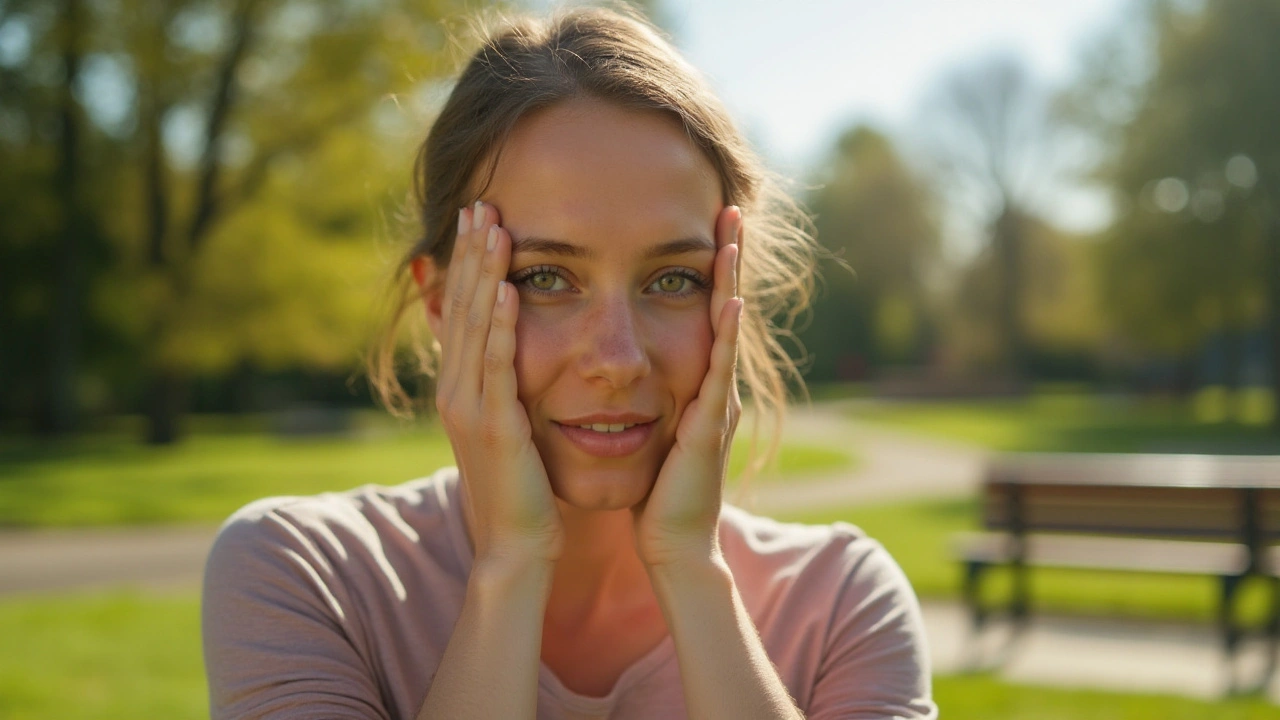
Understanding Eye Inflammation and Its Link to Light Sensitivity
Explore the link between eye inflammation and light sensitivity. Understand the causes, symptoms, and tips for managing these conditions. Discover practical advice for maintaining eye health and reducing discomfort.
Health and WellnessLatest Posts
Tags
- online pharmacy
- medication safety
- generic drugs
- medication
- dietary supplement
- side effects
- online pharmacy UK
- drug interactions
- mental health
- impact
- online pharmacies
- statin side effects
- dosage
- generic vs brand
- pediatric antibiotics
- antibiotic side effects
- skin health
- health
- pain relief
- dietary supplements
